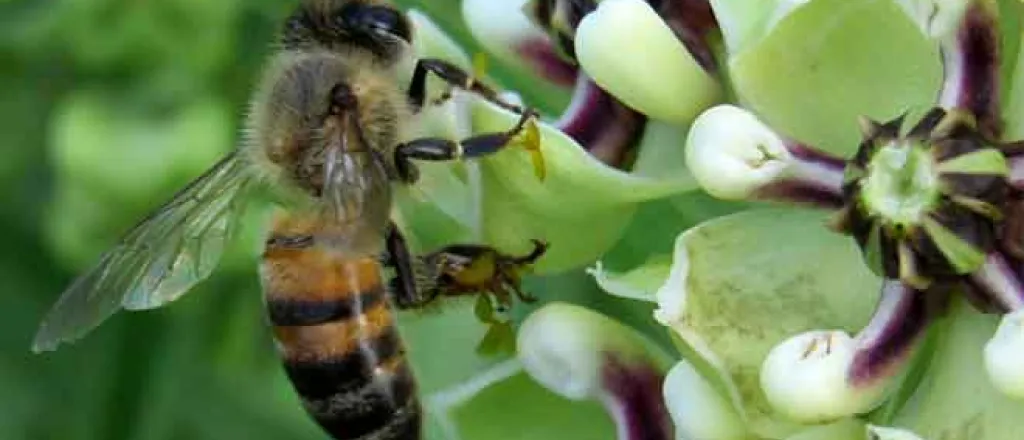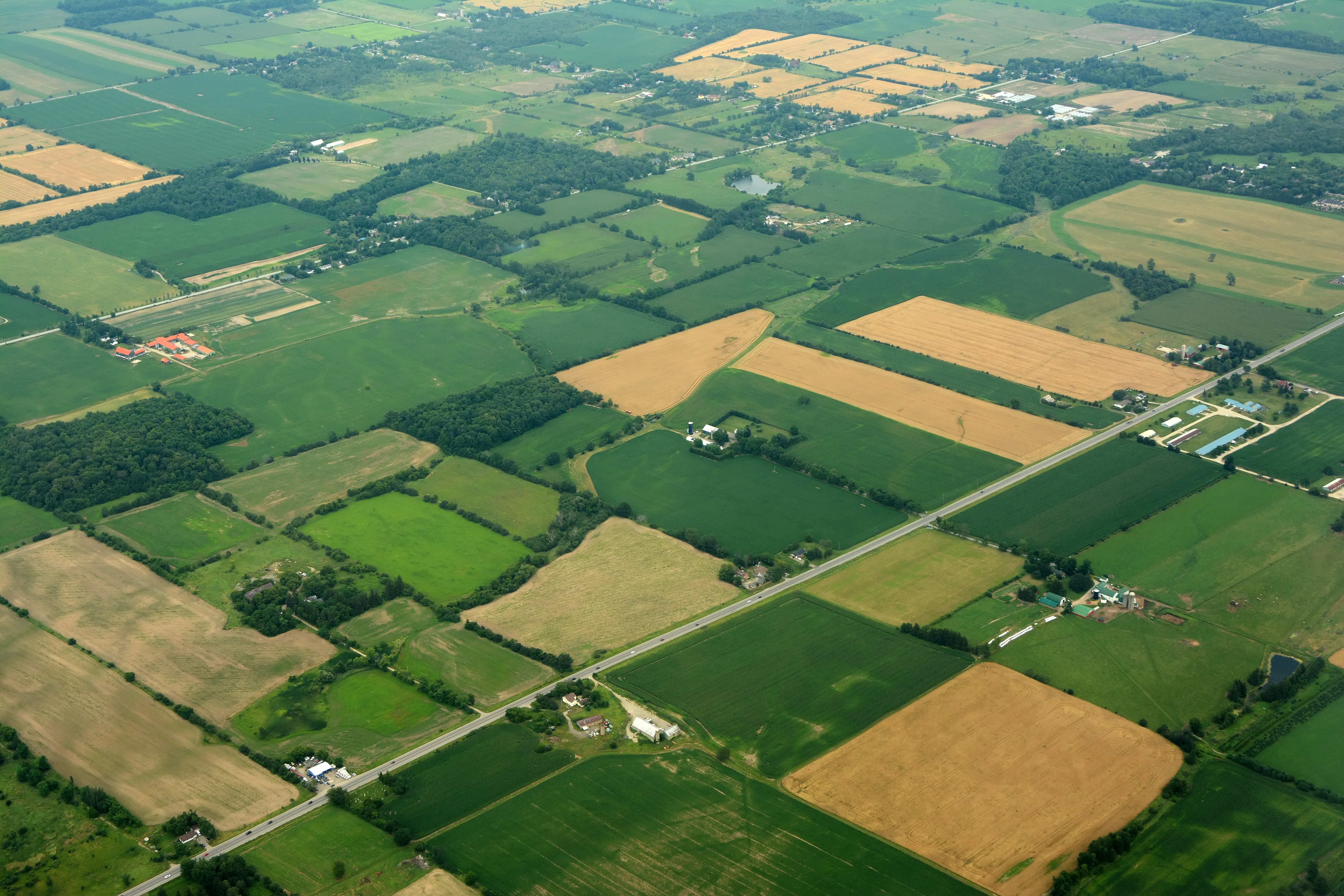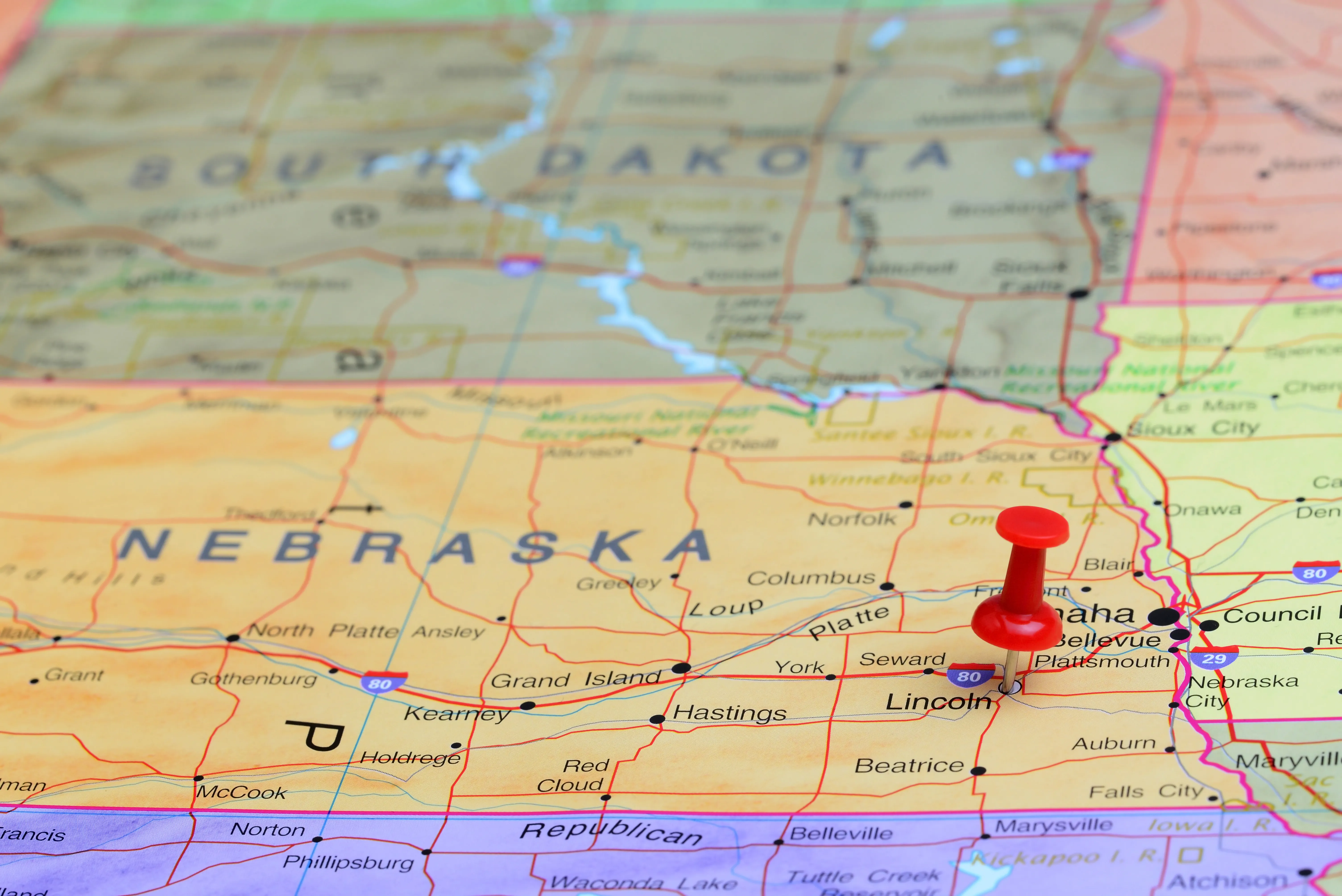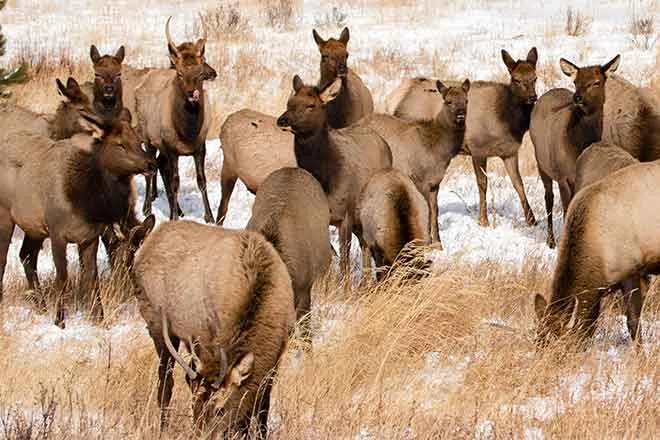
Wanted: next-generation beekeepers for Nebraska farms
(Nebraska News Connection) With the age of Nebraska's farmers and beekeepers on the rise, bee enthusiasts are encouraging more young people to check out the Great Plains Master Beekeeping Program. The program spans across the Midwest, with sites in Grand Island, Lincoln, Omaha and Scott's Bluff.
Sheldon Brummel, master beekeeping project coordinator at the University of Nebraska-Lincoln, said anyone curious should consider a visit to one of the program's open apiaries, where beehives are kept, free of charge.
"They'll get you suited up, they'll answer your questions. They'll open up a beehive, they'll show you what's going on inside of there," Brummel explained. "Because if you go, and you get suited up, and you pop your head into a beehive and start looking at them, I think the bees themselves are going to get you hooked, because they're just so fascinating."
Bees and other pollinators contribute to the direct production of up to $577 billion worth of food every year. Three out of four food crops depend, at least in part, on pollinators. Bee population numbers have been in decline, due to a variety of factors including the loss of habitat to humans, the use of neonicotinoid insecticides, and climate change.
The Master Beekeeping program provides free training and mentoring for beginning and advanced beekeepers to help improve colony survival, and help beekeepers get paid for their efforts.
Kirstin Bailey, senior project associate at the Center for Rural Affairs, said many of Nebraska's specialty crop farmers prefer bees to pollinate their fields because they produce significantly higher quality harvests.
"They're just so great at doing their job," Bailey pointed out. "If you've ever seen a wind-pollinated strawberry versus one that's been (bee) pollinated, the one that's (bee) pollinated is usually bigger, it's more filled out. And then the wind-pollinated, they're usually smaller, and sometimes they're kind of a little bit misshapen."
Brummel added even if you do not want to get into the beekeeping business, everyone has a role to play to help pollinators produce almonds, fruits, vegetables, chocolate and more. He suggested retiring your lawn mower and planting native flowering plants instead can restore critical lost habitat.
"If everybody replaced about 50% of their lawn, we'd have more square miles of habitat than all of the national parks in the lower 48 combined," Brummel asserted.

















